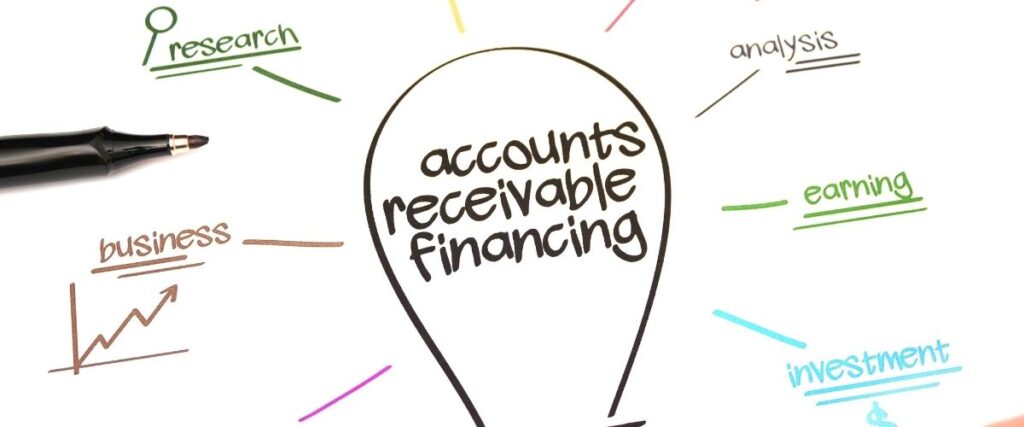Whether you are a new winery business owner, or you have been making wine for generations, when it comes to wine, you’re the expert. You know all about selecting the right barrel for aging and how to create a perfect label. When it comes to finances for your winery, you’re not quite as certain. This may be the perfect time to ask for help. Have you thought about hiring a bookkeeper? Here are some ways a bookkeeper can help you streamline your business, and allow you to focus on growing your business.
Keeping Track of Transactions
One of the most difficult items for business owners to keep up with are the daily transactions. Daily transactions represent the incoming and outgoing money for your business. Examples of daily transactions might include:
- All of your sales for each day, both cash sales and credit sales.
- Daily cash or charges from invoices you have sent to customers.
- Purchases you have made for the business, whether they are small or large purchases.
- An influx of cash into your business, such as a line of credit or a loan.
- Paying off debts, such as a SBA loan.
- Paying suppliers for supplies and equipment for your business.
If this sounds like a lot of details to keep up with, it is. While there may be times when you will not have many transactions at all, especially if your vineyard isn’t producing wine yet, there will be other times when you will be overwhelmed with daily transactions.
Bookkeepers can record all of your winery’s transactions. This may not sound like a big deal, but think about all of the incoming expenses, and outgoing inventory. It can be extremely difficult to run a business and keep up with your winery daily transactions. A bookkeeper streamlines the entire process for you.
Continuous Updates on Expenses
As a business owner, it can be extremely difficult to stay on top of your spending. Bookkeepers can give you daily, weekly, and monthly updates on incoming and outgoing expenses, which helps you to stay on track and focus on your business goals.
Over half of all small business owners don’t have a formal budget, and also own up to not keeping track of their expenses. For winery and vineyard owners, it become even more difficult to track expenses, as there are immediate, short-term expenses—such as bottles, fertilizer and insect control—and long-term expenses, such as payroll. Also, you may have expenses that are services, such as an accountant or a bookkeeping service, that are harder to categorize, which makes them tougher to track. This is precisely why a bookkeeper can keep you updated on your expenses, so you can stay within your budget.
In addition, an accountant could use the daily expenses information to make predictions for your business moving forward. This allows you to stay within your business goals and continue to grow.
Accounts Receivable And Payable
Accounts receivable can be hard to handle in a winery. When you originally began your winery, you may have begun (or inherited) a way of invoicing long-term customers. For example, many wineries charge their long-term customers by the month, with a net 30 days from date of invoice. However, if you also have a store on the premises, you will have short-term payments via cash or credit. Because invoicing can be in the short term or the long term, your clients may pay immediately, or upon receipt of products.
If your winery is like many wineries, you may have different invoicing periods, but a bookkeeper can keep your accounts receivable humming smoothly. A bookkeeper can also help you with delinquent accounts as well. This is an important part of the accounts receivable process, because delinquent accounts cost you money each month.
In addition to mastering accounts receivable, bookkeepers can also smooth and streamline your accounts payable process. The accounts payable process can also be tough for wineries to negotiate. Wineries often operate at a net loss, especially at the beginning, and you will need someone who can keep up with money going out and coming in.
Your bookkeeper can work with your accountant to ensure that your accounts receivable and payable reports can account for the money moving out and coming in to your business.
Inventory Help
One of the most important jobs a winery bookkeeper has is to keep track of inventory. Wineries have liquid inventory, the wine itself. Wineries also have supplies needed to make wine on hand daily. In addition, some wine inventory is sold by the bottle, some by the barrel, and some inventory is “used” for wine tastings. This means that keeping track of inventory is critical. If a bookkeeper can ensure your inventory is accurate, it helps you order supplies and track your wine quickly.
In addition, because your bookkeeper is working daily with your inventory, their inventory reports will be vital to your accountant at tax time. Because your accountant will have all of the inventory paperwork, your business accounting for taxes shouldn’t be such a headache.
Although you may have tried to streamline your process for winemaking, as any winery owner does, you may not be as up to date in your bookkeeping. In fact, you may be using outmoded bookkeeping and inventory methods. A bookkeeper can suggest ways to make your winery business run smoothly and adjust to rapid growth. This is great information for a new business owner who may not be used to rapid growth and money coming in daily.
Bank Reconciliations
If you hate reconciling the bank accounts for your business, you aren’t the only business owner who feels that way. Just as expenses for the winery can be tricky, reconciling bank accounts can be difficult for winery owners as well, because they have short and long-term expenses coming out at one time. If you have both a vineyard and a winery, the accounts get even more difficult. If you hire a bookkeeper, you can leave the bank worries to them.
This is more than just a load off your mind. Reconciling bank accounts means no more overdraft fees, because your bookkeeper can help keep all of your business balances up to date. Also, in conjunction with an accountant, a bookkeeper can manage the flow of money in and out of your accounts. If you know how much money is entering and leaving your accounts, you will be better able to make your money work for your business.
A bookkeeper can also work with your accountant to make sure your software and bank balances match, which will also help keep your business growing in the right direction.
Fraud Prevention
Hiring a bookkeeper to keep track of your daily transactions helps prevent fraud in your business. Researchers estimate that small businesses lose an average of $200,000 yearly to fraud. In over 40% of fraud cases, having a bookkeeper to look at daily transactions would have prevented the fraud from occurring. Only 15% of businesses who were victims of fraud recovered any of the money they lost. While Fortune 500 Companies may be able to lose that amount to fraud, small businesses don’t usually have that kind of money lying around.
For Help Delegating Your Winery Bookkeeping Tasks, Contact Protea Financial Today!
Bookkeepers are one of the most important parts of your accounting and finances team. You need a great bookkeeper to help you continue to maximize your business potential. With an accomplished bookkeeper, you’ll be able to concentrate on marketing and advertising for your winery. You can focus on finding and keeping your customers, and creating reasons for customers to buy more of your wine. Maybe you can begin to move into other avenues for your winery, such as hosting groups for weddings, bridal showers, or business meetings. If you aren’t sure how to look for a bookkeeper who has winery experience, we can help. Contact Protea Financial today.
No matter what winery bookkeeping tasks you need help with, the experienced people here at Protea Financial can help!





